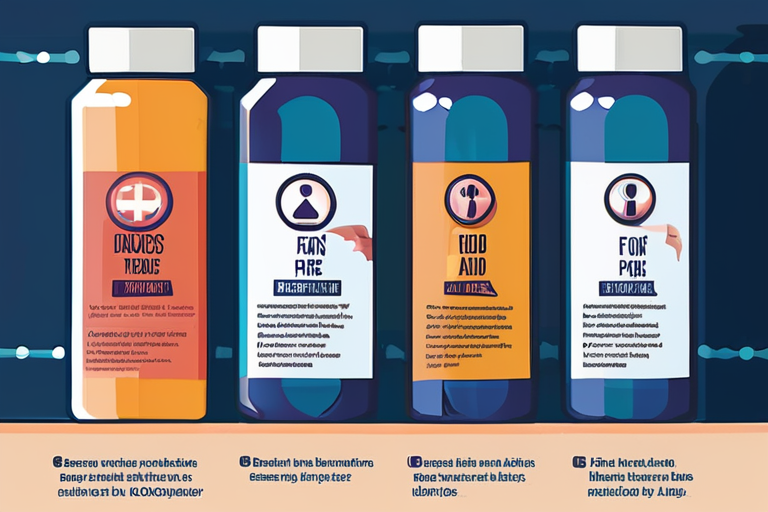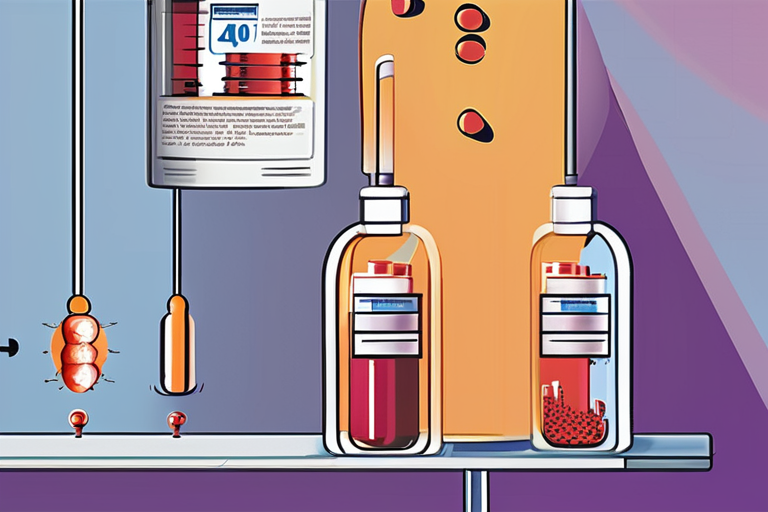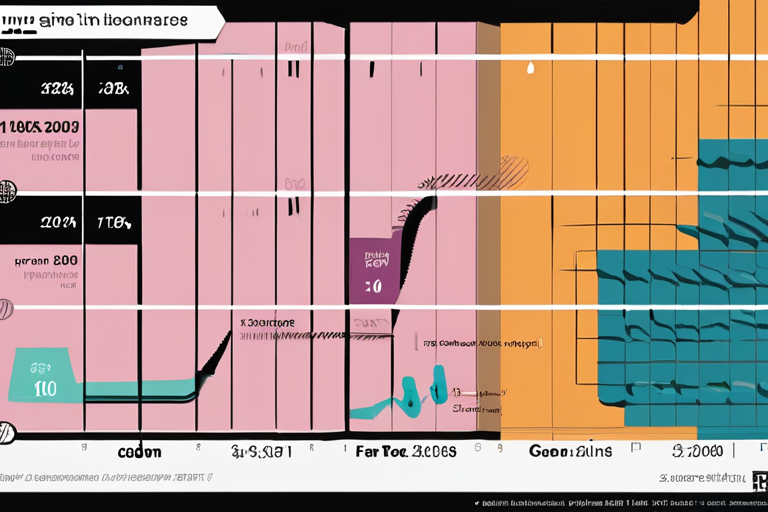The US Food and Drug Administration announced that hormone replacement therapies no longer need to carry strict warnings about some potential side effects, and is asking drugmakers to remove the strict black box warnings to encourage more women to take the therapies. The decision aims to balance the benefits of hormone replacement therapy with the risks associated with its use.
According to Dr. Fanny Elahi, Associate Professor of Neurology at the Icahn School of Medicine at Mount Sinai, the removal of the warning labels is a positive development. "We need to make up for the lost time," Dr. Elahi said, "and advance the science to the point where we are more precise with the science." She made these comments during an appearance on Bloomberg's Businessweek Daily, where she discussed the implications of the FDA's decision.
The FDA's decision to remove the warning labels comes after a thorough review of the available data on hormone replacement therapy. The agency has determined that the benefits of the therapy, which include relief from symptoms of menopause and potentially reduced risk of osteoporosis, outweigh the risks associated with its use. However, the FDA is still requiring drugmakers to include information about the potential risks of hormone replacement therapy, including an increased risk of blood clots and stroke.
The decision has significant implications for women around the world who rely on hormone replacement therapy to manage symptoms of menopause. In many countries, hormone replacement therapy is a common treatment for menopausal symptoms, and the removal of the warning labels may make it more accessible to women who may have been hesitant to use it due to concerns about its safety.
Dr. Elahi's comments reflect a growing trend in the medical community to reevaluate the risks and benefits of hormone replacement therapy. "We need to be more nuanced in our understanding of the risks and benefits of hormone replacement therapy," she said. "We need to be more precise in our science, and we need to be more transparent in our communication with patients."
The FDA's decision is also significant in the context of the global women's health movement. Women's health advocates have long argued that hormone replacement therapy should be more widely available and accessible, particularly in developing countries where access to healthcare is limited. The removal of the warning labels may help to increase access to hormone replacement therapy in these countries, and may also help to reduce the stigma associated with menopause.
The FDA's decision is not without controversy, however. Some critics have argued that the agency is putting the interests of pharmaceutical companies ahead of the interests of women's health. "The FDA's decision is a victory for the pharmaceutical industry, but it's a loss for women's health," said one critic. "We need to be more careful in our evaluation of the risks and benefits of hormone replacement therapy, and we need to prioritize the needs of women's health above the interests of pharmaceutical companies."
The FDA's decision is a significant development in the ongoing debate about hormone replacement therapy. As the agency continues to monitor the safety and efficacy of the therapy, it is likely that the debate will continue. However, the removal of the warning labels is a step in the right direction, and may help to increase access to hormone replacement therapy for women around the world.


























Share & Engage Share
Share this article